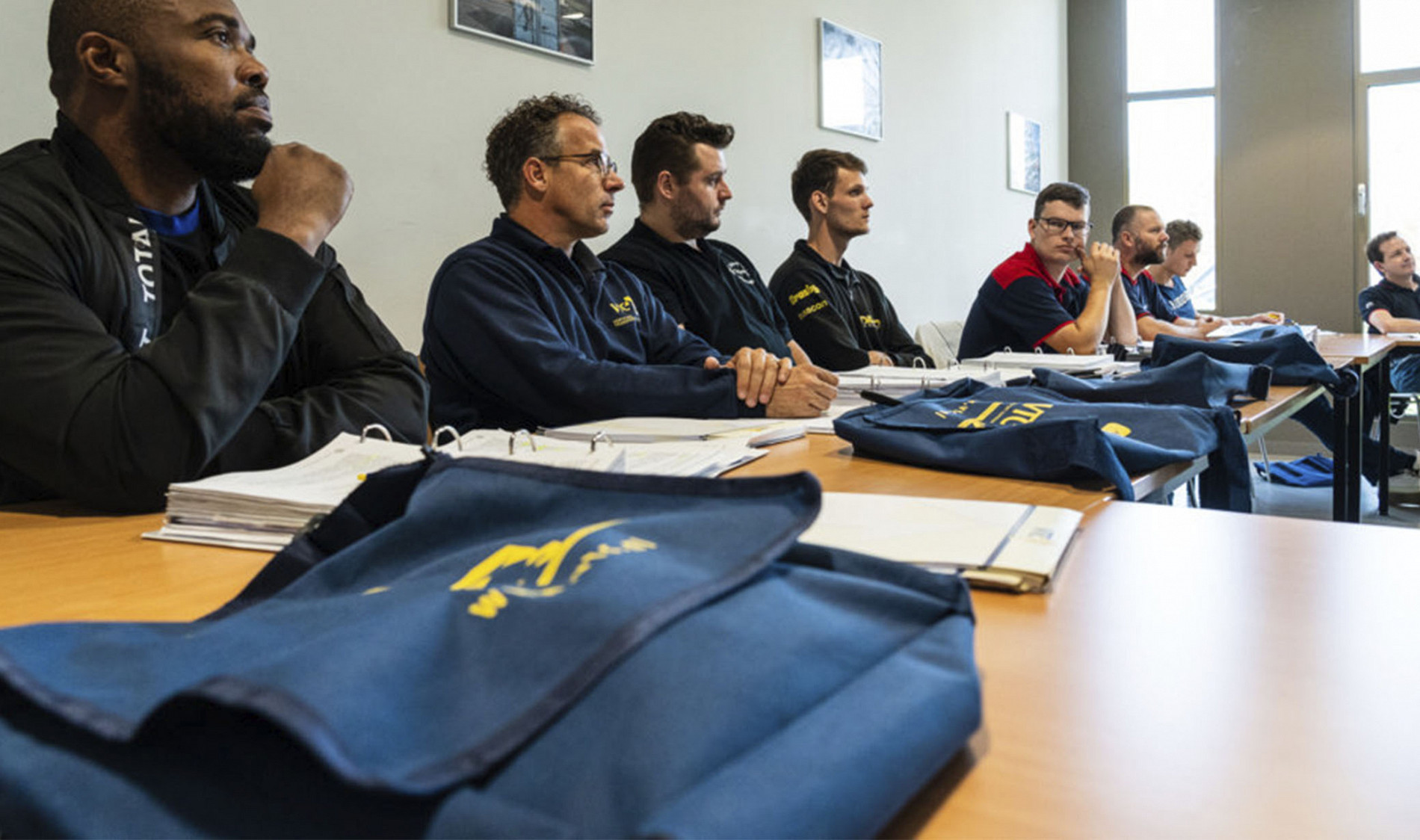Agencies

DNV-GL
The training programme for EKH Inspector for Lifting and Hoisting Equipment.
Employers are required to minimize the risks to safety. For that reason, it is essential that lifting and hoisting equipment and cranes are used in the proper manner. The condition in which the lifting and hoisting equipment and cranes are found also has an influence on safety risks. Regular inspection significantly reduces the risk of accidents. In compliance with the Dutch Working Conditions Act, any such inspection must be carried by a qualified expert, who has experience of inspecting lifting and hoisting equipment. As a trade association, EKH is of the view that inspections should not only establish whether lifting gear satisfies the minimum safety requirements, but also whether it is safe for the equipment to be used in the forthcoming period. Having periodic inspections carried out by a professional qualified for this purpose is an obligation on the part of the employer. But where can this professional expertise be found?
Together with DNV-GL, EKH has set up certification programmes “EKH inspector for Lifting and Hoisting Equipment” and “EKH Inspector for Cranes”. In this way it is possible to offer business this expertise in the form of qualified EKH Inspectors of Lifting and Hoisting Equipment and/or Cranes.
The EKH certificate
In order to become an inspector in possession of a certificate for an EKH Inspectors of Lifting and Hoisting Equipment, the following criteria apply:
Prior qualifications
- The candidate must have completed an MBO study in mechanical engineering (level 2) with adequate specific knowledge of lifting equipment or similar such qualifications.
Experience
- The candidate must be able to demonstrate that they have had at least 2 years’ experience independently inspecting the delivery and/or inspection/testing/repair of lifting and hoisting equipment.
Exams
- Candidates must have successfully passed a theory and practice exam. The exam is held by NECV (Dutch exam centre for vertical transport) under the supervision and responsibility of DNV-GL.
